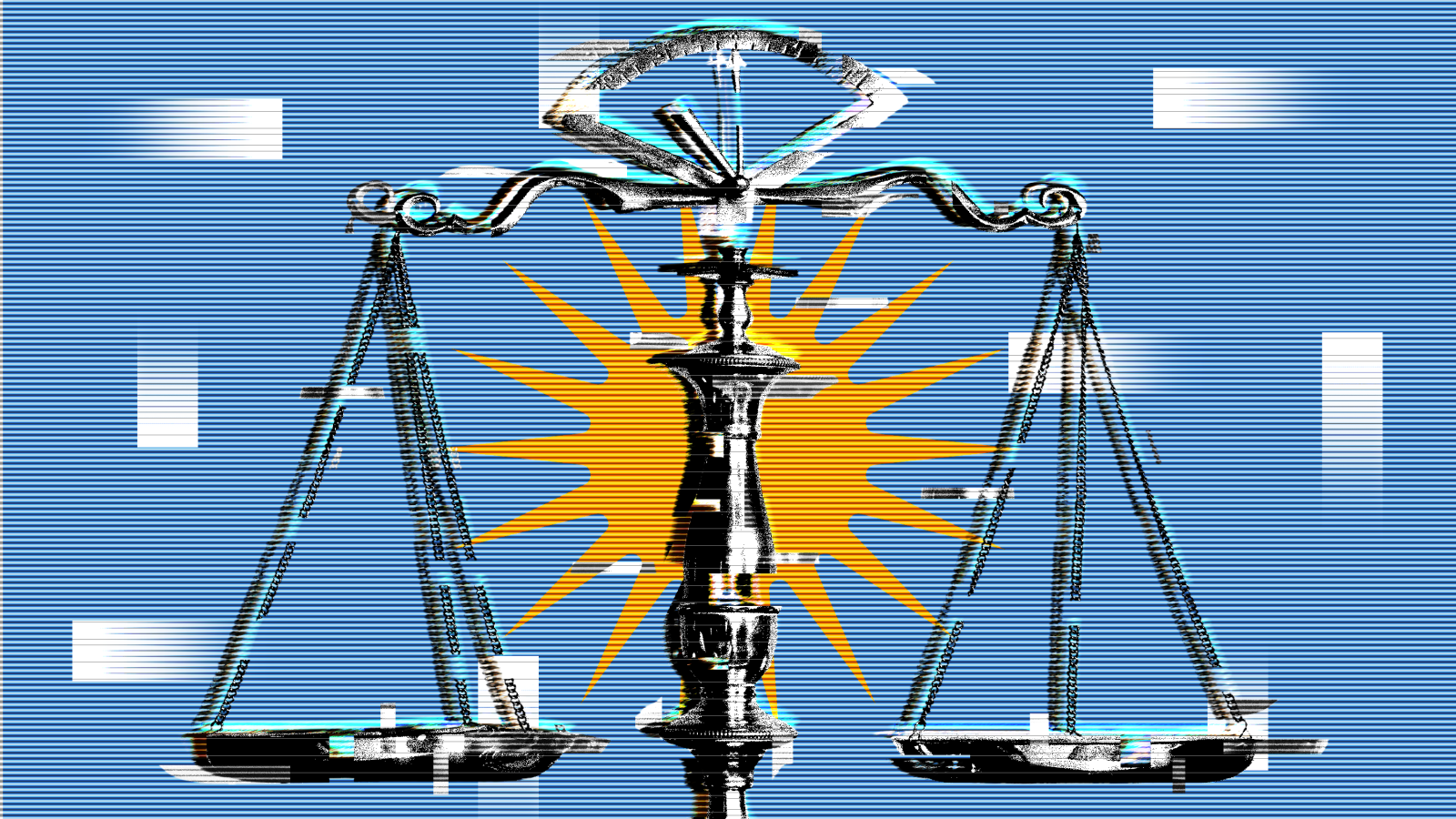World
Courts in Buenos Aires are using ChatGPT to draft rulings

In May, the Public Prosecution Service of the City of Buenos Aires began using generative AI to predict rulings for some public employment cases related to salary demands.
Since then, justice employees at the office for contentious administrative and tax matters of the city of Buenos Aires have uploaded case documents into ChatGPT, which analyzes patterns, offers a preliminary classification from a catalog of templates, and drafts a decision. So far, ChatGPT has been used for 20 legal sentences.
The use of generative AI has cut down the time it takes to draft a sentence from an hour to about 10 minutes, according to recent studies conducted by the office.
“We, as professionals, are not the main characters anymore. We have become editors,” Juan Corvalán, deputy attorney general in contentious administrative and tax matters, told Rest of World.
The introduction of generative AI tools has improved efficiency at the office, but it has also prompted concerns within the judiciary and among independent legal experts about possible biases, the treatment of personal data, and the emergence of hallucinations. Similar concerns have echoed beyond Argentina’s borders.
“We, as professionals, are not the main characters anymore. We have become editors.”
“Any inconsistent use, such as sharing sensitive information, could have a considerable legal cost,” Lucas Barreiro, a lawyer specializing in personal data protection and a member of Privaia, a civil association dedicated to the defense of human rights in the digital era, told Rest of World.
Judges in the U.S. have voiced skepticism about the use of generative AI in the courts, with Manhattan Federal Judge Edgardo Ramos saying earlier this year that “ChatGPT has been shown to be an unreliable resource.” In Colombia and the Netherlands, the use of ChatGPT by judges was criticized by local experts. But not everyone is concerned: A court of appeals judge in the U.K. who used ChatGPT to write part of a judgment said that it was “jolly useful.”
For Corvalán, the move to generative AI is the culmination of a years-long transformation within the City of Buenos Aires’ attorney general’s office. In 2017, Corvalán put together a group of developers to train an AI-powered system called PROMETEA, which was intended to automate judicial tasks and expedite case proceedings. The team used more than 300,000 rulings and case files related to housing protection, public employment bonuses, enforcement of unpaid fines, and denial of cab licenses to individuals with criminal records.
The cases it was used for didn’t vary much, and the resolutions tended to be standardized. Legal staff was still required to review the program’s rulings. Before long, productivity in the office was up by nearly 300%, with legal professionals able to process around 490 cases per month, up from some 130.
“It was never intended to replace humans. There is always supervision. Instead, it is a way of rethinking our jobs,” said Corvalán.
PROMETEA could predict outcomes with 90% accuracy in under 20 seconds, according to a report by the city’s public prosecutor’s office. Implementing PROMETEA was a game changer, said Melisa Rabán, secretary of the deputy attorney general’s office for contentious administrative and tax matters.
“More complex cases came in, and we could work on them properly rather than performing automatable jobs,” Rabán told Rest of World.
But the program’s efficiency came at a cost: each new crime category that PROMETEA was deployed for required additional training and algorithm development. Earlier this year, Corvalán began to phase out PROMETEA in favor of ChatGPT. The 20 rulings it has drafted have all been reviewed by a lawyer and approved by the deputy attorney. The judiciary is now expanding the program to other units, including the procurement office, which manages citizen complaints.
“This project is about democratizing generative AI,” Sofia Tammaro, a clerk at the deputy general prosecutor’s office and the project’s lead developer, told Rest of World. In Argentina, which has lagged behind the developed world in access to cutting-edge technological advancements, that is no small feat.
“Any inconsistent use, such as sharing sensitive information, could have a considerable legal cost.”
Experts worry that many users don’t have the necessary training and digital literacy to implement the fast-changing technology, which could lead to biases against underrepresented communities, among other issues.
“While some can be mitigated, others will emerge, because at the very heart of the developers are subjective assessments that permeate the design of the model,” said Barreiro.
Corvalán’s team is trying to curb some of the risks associated with AI models, including the prevalence of data theft and hacks. “We are still working on an anonymization process for the sensitive data found in the cases,” said Tammaro.
Hallucinations, too, could pose significant legal risks. Instances where AI systems generate false or irrelevant information happen around 17% of the time in gen-AI legal tools, according to a 2024 Stanford study. For Corvalán, these can only be mitigated by using programs that have a smaller margin of error, like PROMETEA, for sensitive cases, including those related to gender and domestic violence.
“PROMETEA is embedded in our processes. Its footprint will never disappear,” Roberto Betancur, director of IT and modernization at the public prosecutor’s service for Buenos Aires, told Rest of World. “It gave us a guideline to understand how legal decisions are made.”
For now, PROMETEA is used for rulings related to public employment and to manage research involving child sexual abuse material. Its use is likely to dwindle over time.
“PROMETEA is like Blockbuster in a world where Netflix is arising. These transformations are happening on a global scale,” said Corvalán.









